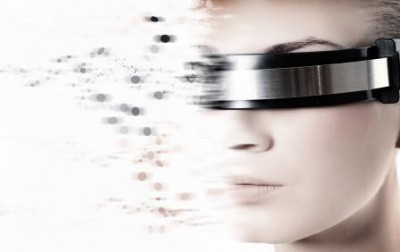Research project Virtual Burglary for Politie en Wetenschap

The research programme "Politie en Wetenschap" has awarded dr. Jan-Willem van Prooijen (NSCR/VU), mr. dr. Jean-Louis van Gelder (NSCR), Iris van Sintemaartensdijk (NSCR/VU) and prof. dr. Paul van Lange (VU) a research grant of € 60.000 for the project . Politie en Wetenschap finances scientific research that will lead to better police action in daily life.
The project is focused on the influence of guardianship on the willingness to burgle amongst burglars. Guardianship is the physical or symbolic presence of an individual (or group of individuals) that act (either intentionally or unintentionally) to deter a potential criminal event. The presence of a guardian reminds a (potential) criminal that he or she might be watched. An increasing body of research is showing the importance of guardianship in crime prevention and reduction, especially in burglary.
This awarded project will focus on two kinds of guardianship: implied guardianship and actual guardianship. Implied guardianship refers to signals that are meant to make a burglar aware that there might be a guardian nearby to prevent the burglary, even though this guardian is not actually visible. An example of this is placing a sticker on the window which states “I will stop you from entering” with the picture of a dog. Actual guardianship refers to the actual and visible presence of guardians who are near a burglar. Guardians could be distracted and not pay attention to a potential burglar, or actively be paying attention and confront the potential burglar. It will be tested which guardian behaviour has the most effect on the willingness of burglars to enter a house.
This influence of guardianship will be experimentally tested via virtual reality (VR) technology: in this virtual environment guardianship will be varied, such as placing signs or a guardian who is or isn’t paying attention. VR makes it possible to study behaviour directly, in a highly realistic setting. A VR environment, developed at the Vrije Universiteit Amsterdam and NSCR, provides the opportunity to walk around in a virtual neighbourhood and select a target to burgle. The system will register all actions taken, such as time spend making decisions, the distance which was covered and the selected target. These registrations make it possible to study the process of burglary decision-making in an accurate way. The project will involve actual (former) burglars and will start in May 2017.
Actuele berichten

